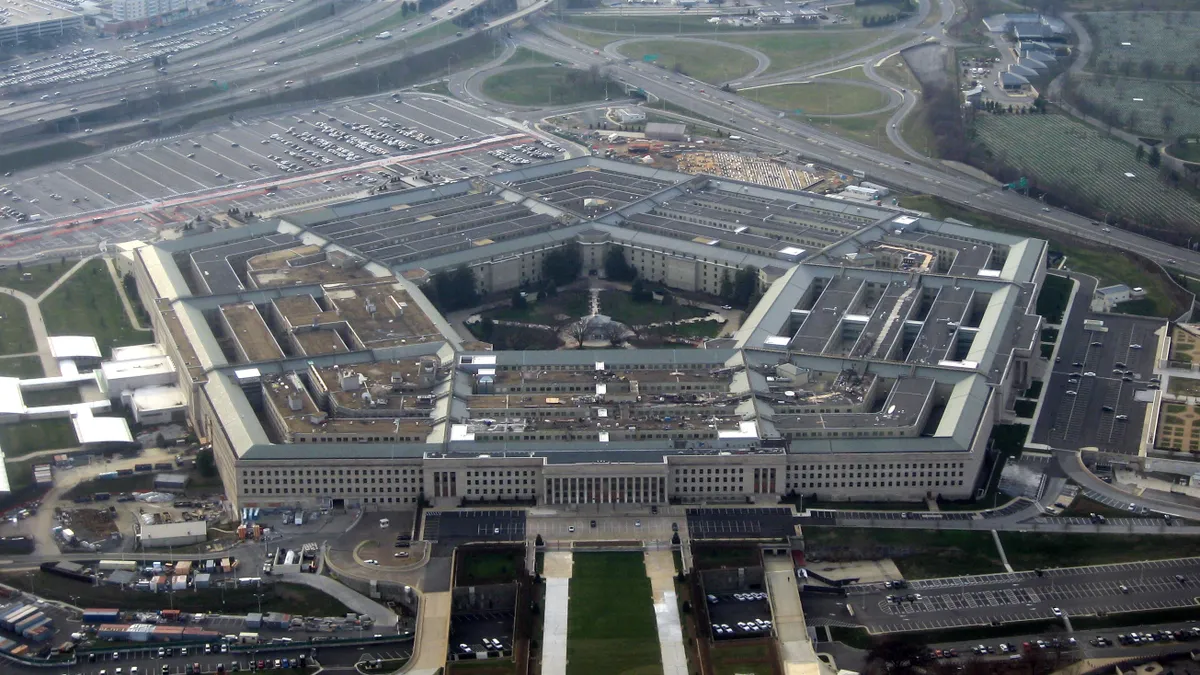Dive Brief:
- A White House report has unearthed "a broken procurement system" in the U.S. military, with many facets of the defense industry under threat, The Washington Post reported.
- Findings from the report highlight the need for the Defense Department to think critically about its relationship with defense contractors.
- Labor shortages have been troublesome for military suppliers, as the government struggles to find skilled laborers such as engineers and software developers, according to the report.
Dive Insight:
Supply chain managers in all industries need to be concerned with the refocus on a domestic supply chain for the military. Constraints, shortages and higher prices will impact suppliers in all industries.
Some might remember the days of the $600 toilet seat or the $7,000 coffee maker, demonstrating a military procurement process out of control due to inefficiencies and over-regulation. Active reform, allegedly protecting the U.S. taxpayers, was undertaken, and the supply chain was remapped to reign in excessive spending and sweetheart procurement deals between military contractors, their customers and suppliers.
In the late 1970s, I worked in procurement for a military subcontractor to the shipyards that were working to maintain and upgrade an aging navy fleet. I often purchased by military specification number, and I was pleased that my local electrical supply house had the "power supplies" I needed in stock. I paid $24.50 for a non-descript part with a military standard number 40 characters long.
When they were received, I was quite surprised to see that my $24.50 power supplies were actually standard D cell flashlight batteries ... no more than half a dollar at the local hardware store, without the military pedigree. And the resale to the military was significantly higher, said my boss proudly.
We need to recognize the long history of military procurement malfeasance. And since the military traditionally pays more, and in some cases uses its legislative power to demand priority deliveries, there very well could be a cascading impact that affects us all. It is time we added the retooling of our military supply chain to our supplier risk profiles.













